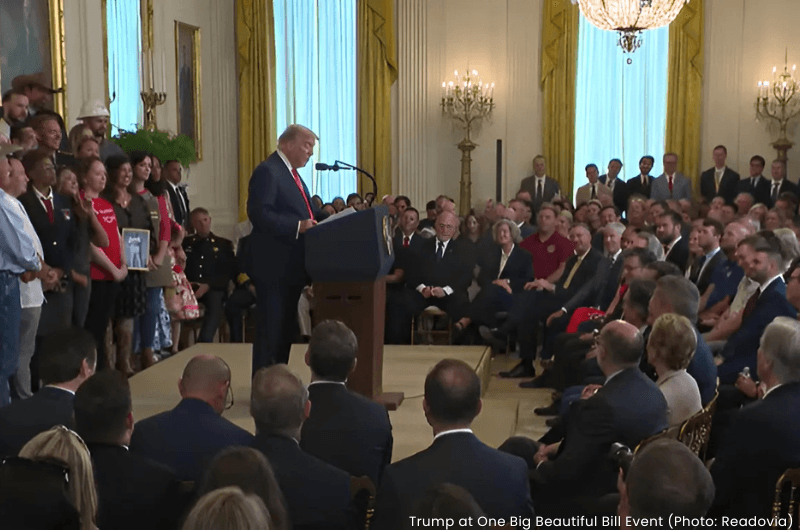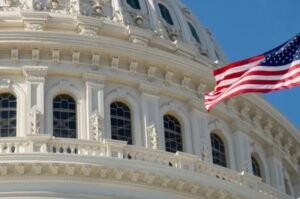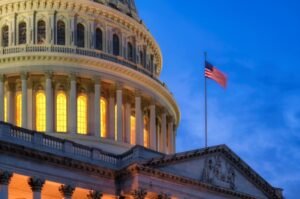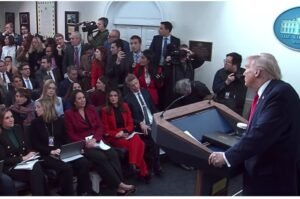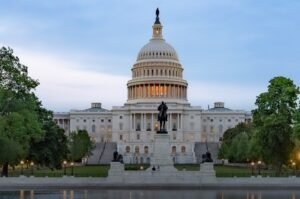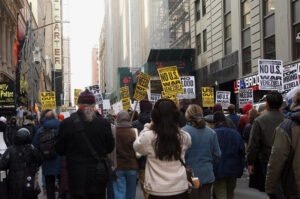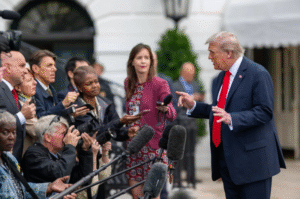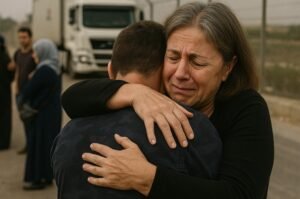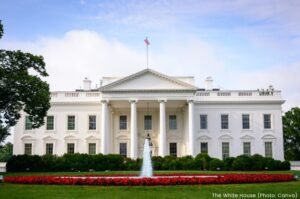President Trump calls it the “One Big Beautiful Bill.” His administration says it’s the most pro-worker, pro-growth, and pro-America legislation in history.
But for millions of Americans, especially those relying on public health care or food assistance, the beauty may come at a brutal cost.
Proposed Work Requirements
The bill proposes new work requirements for Medicaid and SNAP (food stamps), aimed at what Republicans call “able-bodied adults without dependents.” The White House frames this as common sense—“If you can work, you should”—but critics warn the reality isn’t so tidy.
According to projections from the nonpartisan Congressional Budget Office (CBO), over 10.9 million people could lose Medicaid coverage under the new rules. Many of them are low-income workers juggling part-time jobs without benefits. Others are caregivers, people with undiagnosed disabilities, or those living in states without the infrastructure to verify employment quickly.
And for some, losing coverage won’t just mean skipping a doctor’s visit—it could mean dying. The CBO estimates the bill could lead to over 51,000 avoidable deaths within a decade.
“This isn’t fiscal policy—it’s a slow-motion public health crisis,” said Dr. Lila Fenwick, a rural hospital administrator in Georgia. “We’re already at the edge. These cuts could push us over.”
A Gut Punch to Rural Health Care
The bill touts protections for “rural hospitals,” but that’s cold comfort to health systems that rely on Medicaid reimbursements to stay afloat. Without them, many rural hospitals—especially in red states—face the risk of closure.
For residents in these areas, that could mean driving hours for basic care. In emergencies, it could mean no care at all.
“The same communities that cheered for Trump may be the ones hit hardest by this bill,” said policy analyst Tanya Ruiz. “It’s poetic, but not in a good way.”
Food on the Line
The bill’s new SNAP rules are likely to leave hundreds of thousands without access to food assistance. And while the White House says “jobs, not handouts” is the goal, employment doesn’t always guarantee food security—especially in low-wage sectors.
For families living paycheck to paycheck, even a temporary loss of benefits could be catastrophic. And with no added funding for job training or placement services, critics say the bill sets people up to fail.
A Tale of Two Narratives
President Trump has taken to social media, calling the bill “a win for workers, a loss for waste, and a BEAUTIFUL day for America.” The White House insists the bill will increase take-home pay by $10,000 for the average worker, unleash $11 trillion in economic growth, and prevent the “largest tax hike in American history.”
But none of those talking points erase the sobering truth: for millions of Americans, this bill isn’t about prosperity—it’s about survival.
Why It Matters
The debate over the One Big Beautiful Bill isn’t just about policy. It’s about priorities. Tax relief for some, hardship for others—and a country still reckoning with who gets left behind.
As the Senate races to vote before the July 4th deadline, one thing is clear: this bill may be beautiful to some, but for others, it’s shaping up to be devastating.
The Author

Ellis Grant
Staff Writer, Readovia


